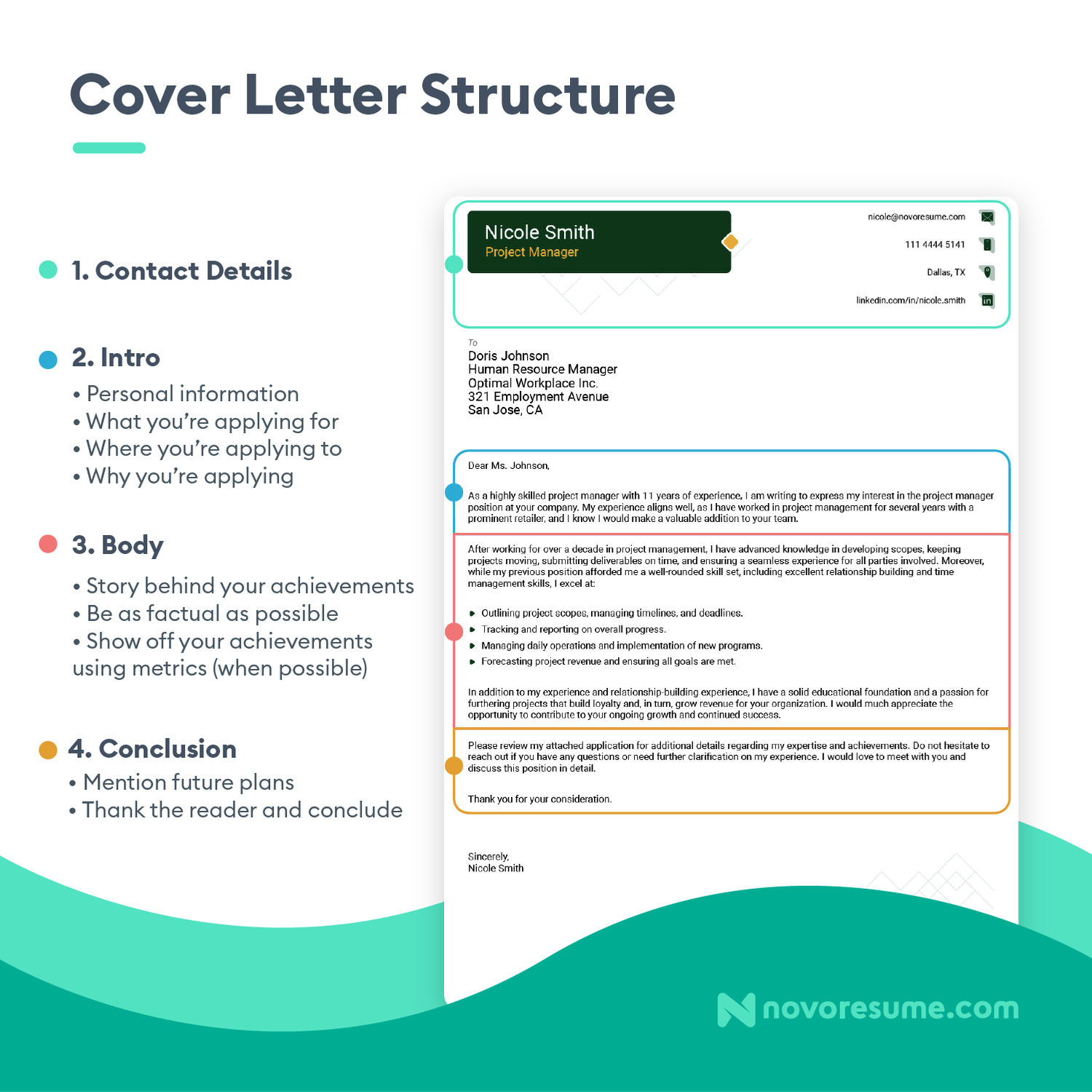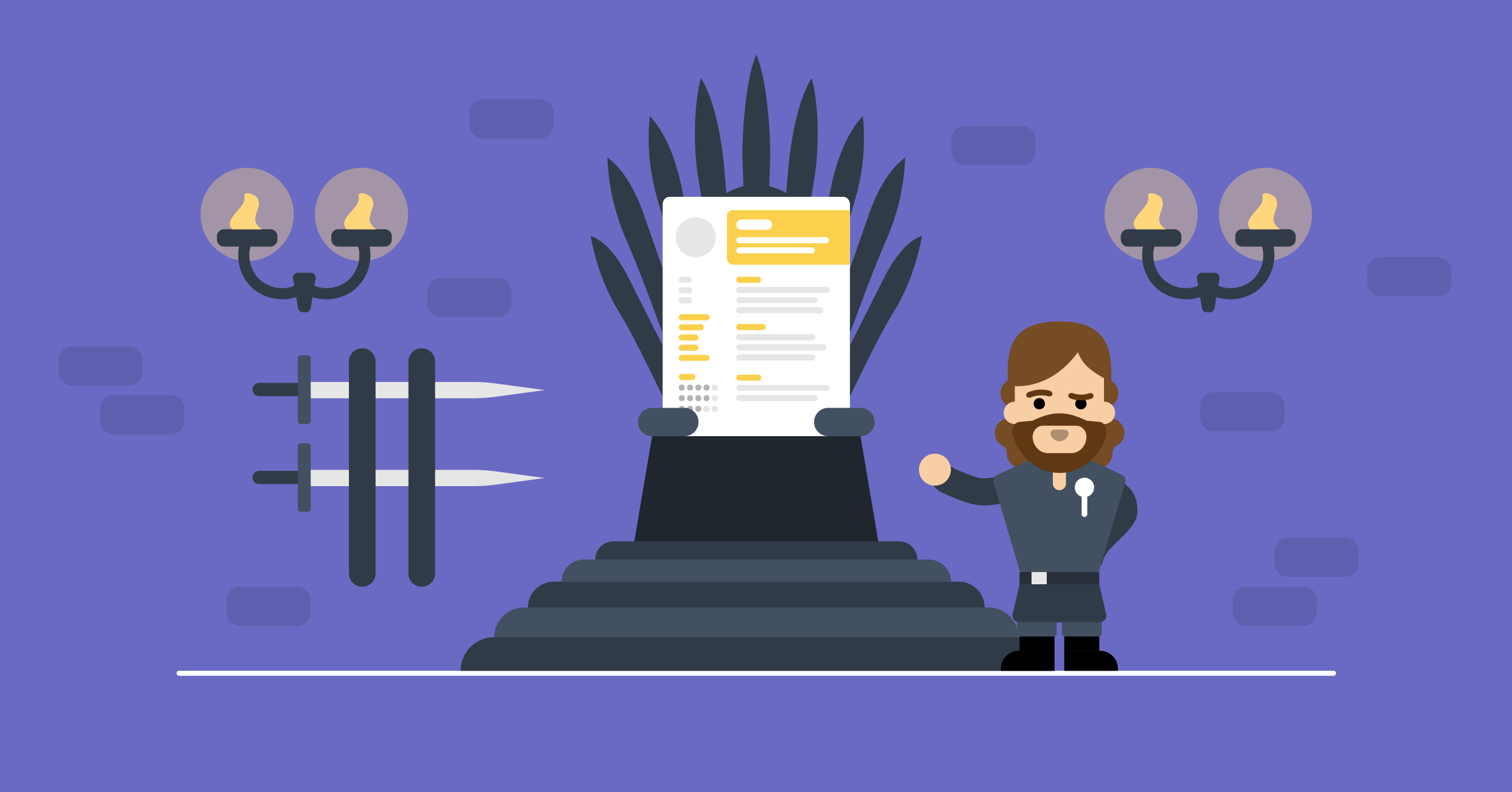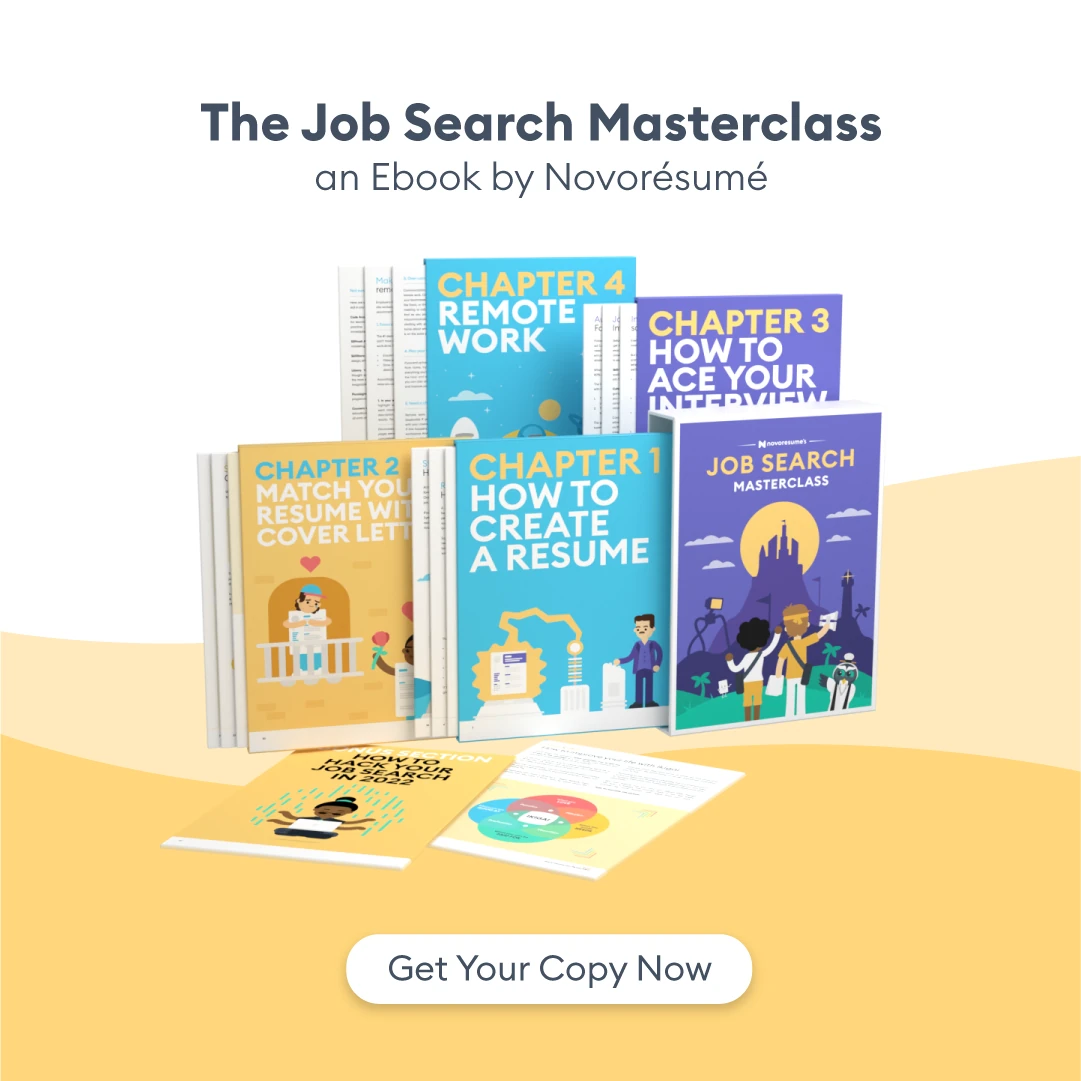You’re a consultant.
Your expertise and skills are invaluable.
However –
How do you create a resume that represents your value?
In this guide, we take you through a simple step-by-step process to creating a powerful consultant resume that gets results.
- An example of a finished consultant resume that works
- How to write a consultant resume that’ll fill up your interview diary
- How to make your consultant resume stand out [with top tips & tricks]
Before we get started, here’s a consultant resume example, created with our very own resume builder:
Interested in a position different from a consultant? We've got a bunch more resume examples for you:
- Executive Assistant Resume
- Business Analyst Resume
- Financial Analyst Resume
- Accountant Resume
- Bookkeeper Resume
- Bank Teller Resume
- Banking Resume
- MBA Resume
- Administrative Assistant Resume
- Office Assistant Resume
- Career Change Resume
If you take a look at the template at the top, that’s what a winning resume looks like. Follow the steps below to create a consultant resume that works just as well as the above example.
How to Format a Consultant Resume
Before you can impress the recruiter with your best attributes, you need pick an appropriate format.
Doing so will not only highlight your talents, but it will make the life of the recruiter easier, which will get you started on the correct foot.
The most common resume format is “reverse-chronological”, and it’s for good reason. Essentially, it allows the hiring managers to immediately see your value proposition, rather than hoping they read to the bottom of the page. We recommend starting with this format.

The following resume formats also get our approval:
- Functional Resume – If you have strong skills, but lack the work history, this resume format is recommended
- Combination Resume – Offering a mix of both “Functional” and “Reverse-Chronological” formats, you should go with a combination resume format if you have the experience to back-up your skills
Once you’ve decided on a format, you need to organize your resume layout. Resume builders already come with pre-defined and recruiter approved layouts.
Use a Consultant Resume Template
To get the consultancy job, your resume needs to be clear and precise.
And if you’re thinking of using a simple text editor…
You may want to think again.
For a structured layout, we need to look elsewhere.
We need to use a template that won’t fall apart with every small change.
To do this, use a consultant resume template. Use any of the following resume templates that can be easily tailored for a consultant position.
What to Include in a Consultant Resume
The main sections in a consultant resume are:
- Work Experience
- Contact Information
- Skills
- Education
Want to go a step further? You can also add these optional sections:
- Awards & Certification
- Languages
- Interests & Hobbies
That sounds great, but what do we write for each of these sections?
Read on to learn how.
Want to know more about resume sections? View our guide on What to Put on a Resume.
How to Correctly Display your Contact Information
Now, this section is simple, but there are a few important rules to follow.
The most important rule is to make sure all information is 100% correct.
One wrong digit in your phone number can result in the recruiter offering an interview to a confused elderly lady in a nearby city.
The contact information section must include:
- Full Name
- Title - In this case, “Consultant”
- Phone Number – Check this multiple times for errors
- Email Address – Use a professional email address (firstname.lastname@gmail.com), not your childhood email (pocketrockettim@gmail.com).
- Location
- Greg Mills - Consultant 101-358-6095. greg.mills@gmail.com
- Greg Mills - Best Consultant. 101-358-6095. gregtheleg123@gmail.com
How to Write a Consultant Resume Summary or Objective
The consultancy industry is fierce.
Therefore, it is no surprise that recruiters spend just a few seconds glancing over each resume.
So, how can you make every second count?
You need a powerful introductory paragraph that grabs their attention and persuades them to place your resume on the “yes” pile.
You can use either a resume summary or objective.
But what is the difference between the two sections?
A resume summary is a 2-4 sentence summary of your professional experiences and achievements.
- Experienced marketing consultant with a strong background in developing award-winning strategies for a diverse clientele. 5+ years of industry experience includes PPC campaigns, SMM, web design, brand development, and more. Strong history of developing and overseeing marketing campaigns that maximise profit.
A resume objective is a 2-4 sentence snapshot of what you want to achieve professionally.
- Motivated marketing specialist looking for a Consultant position with The Tea Company to apply leadership and marketing skills to improve company revenue and market exposure. Experience includes monitoring competitors, identifying trends and likely scenarios. Skilled in WordPress, Facebook Ads Manager, Photoshop, ClickFunnels, and more.
So, which one is best, summary or objective?
Experienced consultants should use a resume summary to summarize their top achievements. On the other hands, individuals with less experience may want to use a resume objective to highlight their skills and aspirations.
How to Make Your Consultant Work Experience Stand Out
Recruiters need confidence that you’ll do the job.
Make the wrong choice, and THEIR job may be on the line.
The easiest way to add confidence is with your work experience.
Here’s the best way to structure your work experience section…
- Position name
- Company Name
- Dates
- Responsibilities & Achievements
Business Development Consultant
Growth Solutions Inc
03/2016 - 10/2020
- Assess business needs and set new growth targets
- Streamlined operations to reduce costs by $84,000
- Created 3 successful outreach campaigns that grew revenue by 32% in 2019
To stand out from the other consultants, you should focus on what you have achieved so far in your career, instead of your daily duties.
Instead of saying:
“Implemented new operations rules”
Say:
“Streamlined operations to reduce costs by $84,000”
So, what is the difference between the two statements?
Well, the first statement shows that you implemented new operations rules but it doesn’t show if your new rules were successful or a complete failure.
The second statement shows that you were able to reduce costs by $84,000, which proves your skills and makes you a more desirable consultant.
What if You Don’t Have Work Experience?
Maybe you’re a graduate looking for your first consultancy job?
Or maybe you have experience in a particular field, but never as a consultant?
It’s no secret that recruiters want proof of skills before hiring someone.
But whether you have job experience or not, there are options.
You see, it doesn’t matter if you’ve never held the job title of “marketing consultant”, as you can call-upon the crossover skills from previous jobs.
For example, if you held a junior marketing position for a start-up company, you can talk about any crossover skills and experiences. Just like a marketing consultant, you would be able to show you used in-depth marketing knowledge to grow a company.
For the students reading this, you’ll enjoy our guide on how to make a student resume!
Use Action Words to Make Your Marketing Executive Resume POP!
you want to separate your resume from the competition, which means using power words to make your achievements stand out:
- Initiated
- Determined
- Introduced
- Supervised
- Launched
- Experimented
- Discovered
- Quantified
- Solved
- Collaborated
How to Correctly List your Education
Next, it’s time to talk about your education.
There’s nothing too complicated with this section, just simply enter your education history in the following format:
- Degree Type & Major
- University Name
- Years Studied
- GPA, Honours, Courses, and anything else you might want to add
B.A. in Marketing
University of Chicago
2010 - 2014
- Relevant Courses: Managerial Communications, Principles of Marketing, Quantitative Methods, and Macroeconomics
- GPA: 3.6
Now, you may have some questions on this section. If so, here are the answers to some of the most frequent questions that we get:
- What if I haven’t completed education yet?
Regardless of whether you’re a marketing graduate or still studying, you should still mention every year of education to date
- Should I include my high school education?
The general rule is to only include your highest education. So, include your high school education if you don’t have a relevant degree for marketing
- What do I put first, my education or experience?
Experiences are the priority, so those go first. If you’re a recent graduate, you will likely need to start with education
Still not sure? Check out our guide on how to list education on a resume.
Top 10 Skills for a Consultant Resume
The hiring manager wants to see that you have the correct skills.
But what resume skills do we recommend?
The hard skills you put on your resume will depend on the exact field you’re in, but the soft skills will usually be the same.
Make sure to look at the job description to find what the company is looking for.
Hard Skills for Consultants:
- Search Engine Optimization (SEO)
- Search Engine Marketing (SEM)
- Campaign Management
- Google Analytics
- Content Management Systems (CMS)
Soft Skills for Consultants:
- Creative Thinking
- Communication
- Time-Management
- Team Player
- Leadership
- Generally, only include the most important soft skills. Any graduate can say they have creative skills, but not many have an advanced knowledge on Content Management Systems.
- Here’s a more comprehensive list of 100+ must-have skills this year.
What Else Can You Include?
We’ve now covered every essential resume section.
But is your resume the best it can be?
You need your resume to stand out!
Adding the following sections could be the deciding factor in whether you’re hired for the consultancy role or not.
They’re also a great idea if you lack experience or have a less than desirable education.
Awards & Certifications
Have you won an award for your work?
Have you done any courses that improve your skill-set?
Make sure to include all relevant awards in your resume.
Here’s an example:
Awards & Certificates
- Google Ads Certified Expert
- “Best Presentation 2020” – Digital Agency
- “Critical Thinking Masterclass” – MadeUpUniversity
Languages
Now, this section will vary in importance depending on the industry that you work in.
With that said, being able to speak a second language is just another way that you can impress the recruiter.
As such, feel free to add a language section if you have space.
Rank the languages by proficiency:
- Native or bilingual
- Fluent
- Proficient
- Intermediate
- Basic
Interests & Hobbies
Now, you may be wondering, “why does the recruiter need to know that I enjoy archery on the weekend?”
Well, your interests reveal the type of person you are.
The recruiter also gets to know you more on a personal level.
Now, this isn’t a necessary part of your resume, but feel free to add this section if you have space.
Here’s which hobbies & interests you may want to mention.
Include a Cover Letter with Your Resume
By now your resume should be first-class!
But wait–
Your application is not complete just yet.
The truth is, cover letters are still an important part of the hiring process, especially if you have employment gaps or are making a career change.
There is no better way to show the recruiter that you care about working for their company.
To create a winning cover letter, we must ensure that it is structured correctly. Here’s how to do that:

You should complete the following sections:
Personal Contact Information
Your full name, profession, email, phone number, location, and website
Hiring Manager’s Contact Information
Full name, position, location, email
Opening Paragraph
Like with your resume, the recruiter will skim though your letter. As such, you need to command attention in just a few seconds. Use concise language to mention…
- The position you’re applying for
- Your experience summary and best achievement to date
The Body
Once you’ve sparked the reader’s interest, you can get deeper into the following specifics:
- Why you chose this specific company
- What you know about the company
- How are your top skills relevant for the job
- Which similar industries or positions have you worked in before
Closing Paragraph
Don’t just end the conversation abruptly, you should:
- Conclude the main points of the cover letter
- Thank recruiter for the opportunity
- Finish with a call to action. This is a good way to start a conversation. A simple “At your earliest opportunity, I’d love to discuss more about how I can help company X” will work
Formal Salutations
To keep the letter professional, end with something like, “Kind regards” or “Sincerely.”
For more inspiration, read our step-by-step guide on how to write a cover letter.
Key Takeaways
Congrats!
You’re now an expert at writing consultant resumes.
Let’s quickly summarize the lesions-learned:
- Use an easy-to-follow resume layout. Prioritize the reverse-chronological format, and then follow the best practices on content layout
- Use a resume summary or objective to catch the recruiter’s attention
- Talk about your best achievements, rather than your previous job responsibilities
- Include a personalized consultant cover letter



